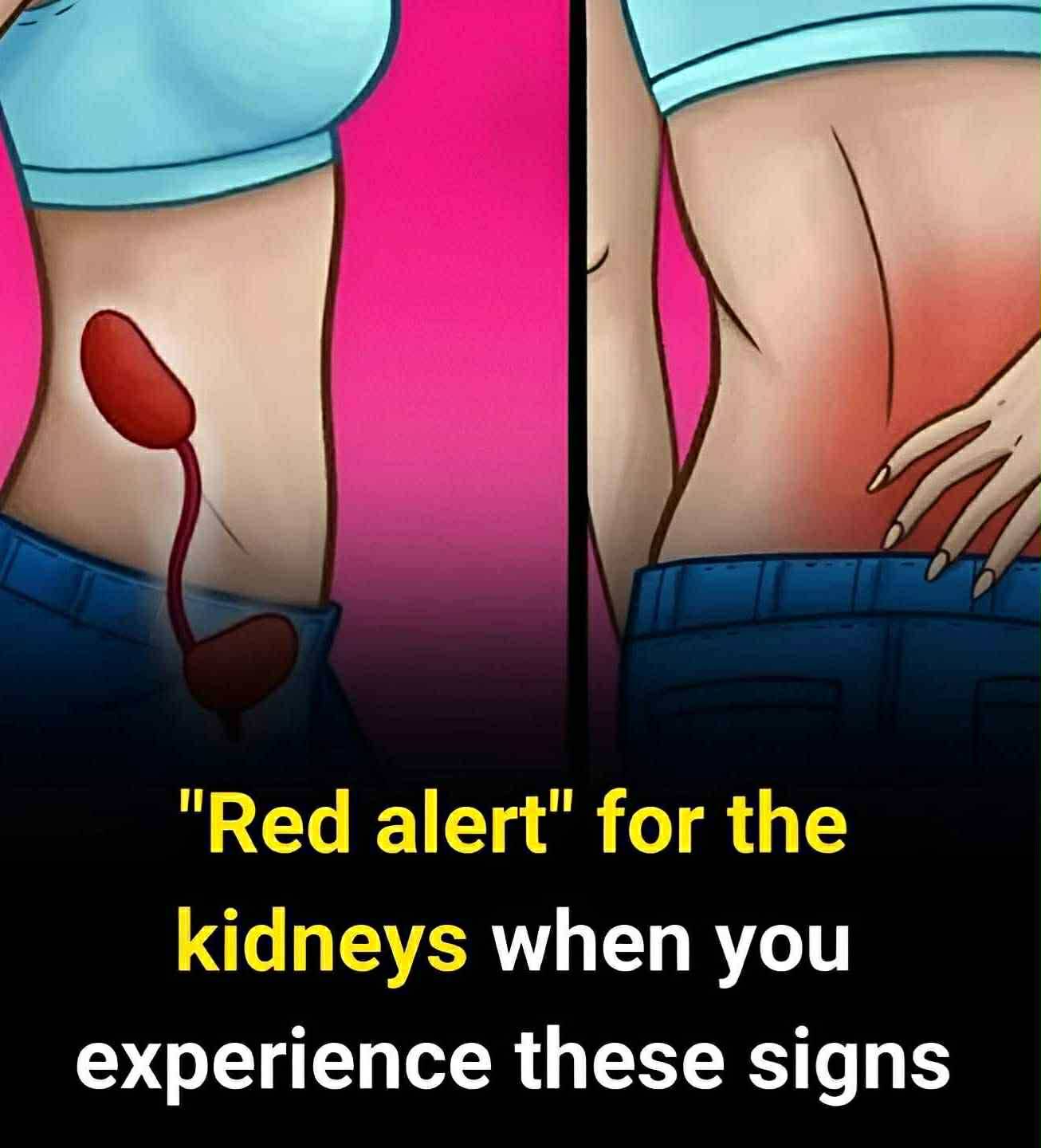Kidney disease is a serious but often silent condition that can have a profound impact on your overall health. Because the kidneys perform so many essential functions in the body, it’s crucial to recognize early warning signs that your kidneys might be in danger. Catching these signs early can make all the difference in preventing further damage and maintaining your well-being.

If you notice any of the symptoms discussed here, it’s important to consult a healthcare professional promptly to protect your kidney health and prevent complications. To understand the importance of these warning signs, it helps to know what your kidneys do. Your kidneys are vital organs shaped like beans, located on either side of your spine just beneath your ribcage. They work tirelessly to filter your blood, removing waste and excess fluids to form urine. On average, healthy kidneys filter about 120 to 150 quarts of blood daily, producing roughly 1 to 2 quarts of urine. Beyond filtering blood, they also help balance electrolytes and regulate blood pressure. Additionally, kidneys release hormones that stimulate the production of red blood cells and support healthy bones. When the kidneys begin to lose their ability to function effectively—a condition known as kidney disease—your body’s overall health can suffer.
Common causes of kidney disease include high blood pressure, diabetes, infections, autoimmune disorders, and genetic factors. Without proper treatment, kidney disease can progress to kidney failure, which may require dialysis or a transplant. Recognizing warning signs early is key to taking action before irreversible damage occurs. Here are 10 warning signs that your kidneys may be in danger. First, pay attention to changes in urination. This might include needing to urinate more frequently, especially at night, or noticing a decrease in urine output. Foamy or bubbly urine can also be a red flag, as it may indicate protein leaking into the urine, which is a sign of kidney damage. Second, fatigue and weakness are common symptoms.
The kidneys produce a hormone called erythropoietin, which stimulates red blood cell production. When kidney function declines, anemia can develop, leading to persistent tiredness, weakness, and difficulty concentrating. Third, swelling or edema can occur due to fluid retention when the kidneys aren’t working properly. This swelling often shows up in the legs, hands, face, or abdomen. Fourth, persistent back pain or severe discomfort below the ribcage can be related to kidney issues, such as untreated urinary tract infections or kidney stones, and should not be ignored. Fifth, unexplained weight loss or loss of appetite can happen because of waste buildup in the blood, making you feel full even if you haven’t eaten much.
Sixth, nausea and vomiting are common signs, particularly in the morning or after meals, as toxins accumulate in the bloodstream. Seventh, difficulty sleeping is frequently reported by people with kidney disease. This may be due to nighttime muscle cramps, restless leg syndrome, or frequent urination that disrupts sleep patterns. Eighth, a persistent metallic taste in the mouth can occur because of uremia, which results from waste products building up in the blood. Ninth, muscle cramps and twitching are often caused by imbalances in electrolytes, such as low calcium or high phosphorus levels, which are common in kidney disease. Tenth, itchy skin may result from the accumulation of toxins that the kidneys are no longer able to filter out effectively. To reduce your risk of kidney problems and maintain healthy kidney function, there are several lifestyle steps you can take. Stay well hydrated by drinking plenty of water throughout the day. Limit your intake of salt and processed foods, which can strain your kidneys. Manage chronic conditions such as diabetes and high blood pressure carefully, as these are leading causes of kidney disease. Avoid excessive use of painkillers and non-steroidal anti-inflammatory drugs (NSAIDs), which can damage your kidneys over time. Additionally, get regular medical check-ups, especially if you have a family history of kidney disease, to catch any potential issues early. If you notice any of the warning signs mentioned above, don’t delay in seeking medical advice. A healthcare provider can perform a thorough evaluation that may include blood and urine tests, as well as imaging studies to assess how well your kidneys are functioning. Early diagnosis and treatment can help preserve kidney health and prevent irreversible damage. In conclusion, recognizing these warning signs can be life-saving. Your kidneys play an essential role in keeping you healthy, and paying attention to the signals your body sends can make all the difference. If something feels off, listen to your body and act quickly by consulting a medical professional. Protecting your kidneys means protecting your overall health, so don’t wait to get help when you need it. Please share this important information with your family and friends on Facebook to help raise awareness about kidney health.





